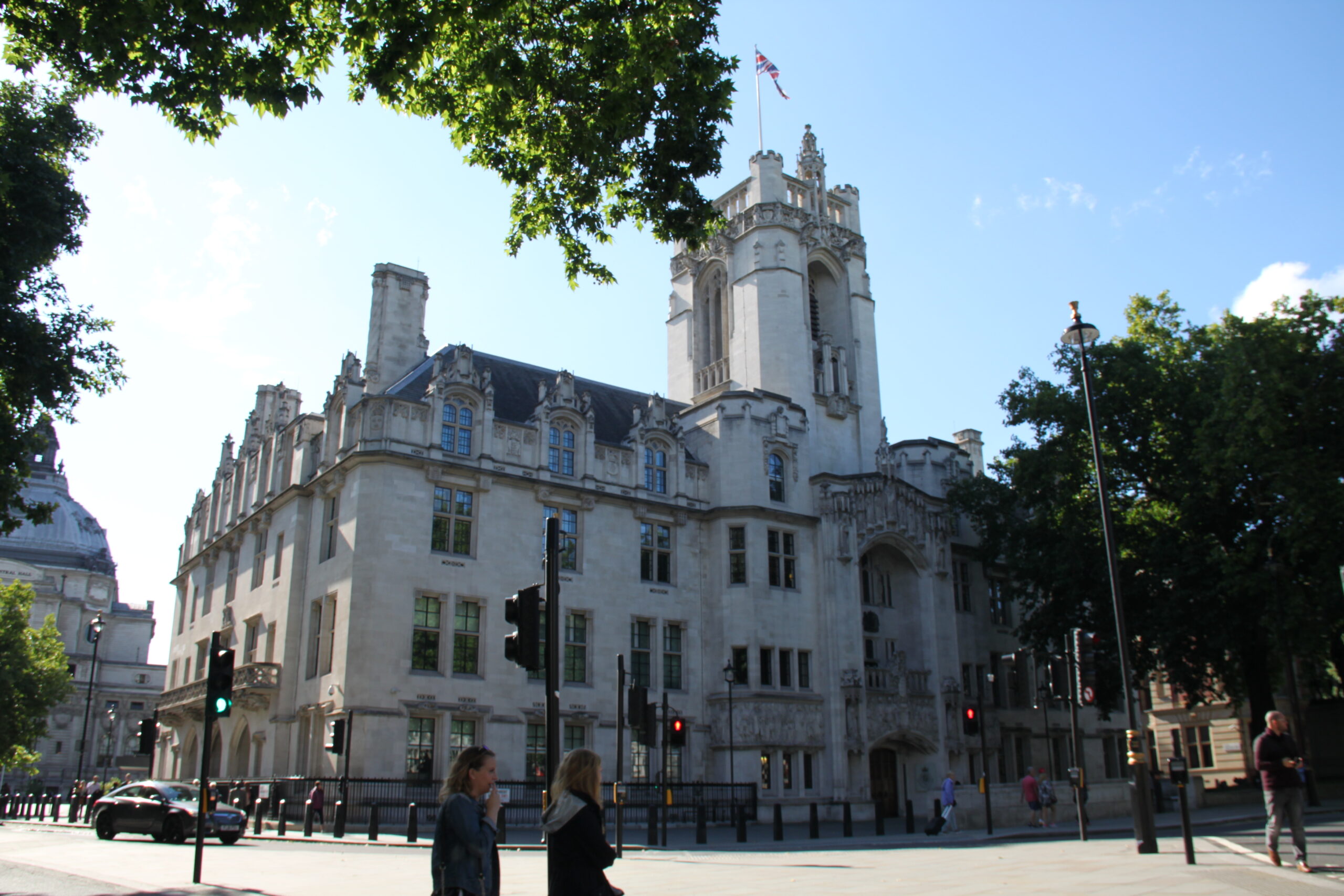
28 Nov Supreme Court rules in favour of homeless applicant
The Supreme Court found in favour of our client Ms Imam in her challenge against London Borough of Croydon today.
The Housing Act imposes a duty to make available suitable accommodation to certain classes of homeless applicants – including families with children. Croydon LBC provided Ms Imam with accommodation but in June 2015 accepted this accommodation was not suitable, and that therefore they were in breach of what parliament had stated that they should do – i.e. ensure suitable accommodation was available.
Judicial review proceedings were taken in March 2020 and Croydon explained in evidence that whilst accepting they were in breach of duty to Ms Imam, they did not in fact have suitable accommodation available. They relied on a statement asserting their budgetary constraints which explained too that accommodation they owned would be allocated via their housing allocation policy rather than by prioritising homeless applicants. Taking into account this evidence, the High Court refused to grant relief and this decision was appealed to the Court of Appeal.
In the Court of Appeal it was held that in order for the court not to enforce a statutory duty it was not enough for the Defendant council to assert that they had a lack of resources, and this approach has been confirmed by the Supreme Court.
The Supreme Court has confirmed the previous understanding that a court will not order the impossible, but if the council are asserting that they are unable to fulfil their statutory duty they need to provide evidence of this – a bald assertion is insufficient.
The Supreme Court then went on to consider how a case should be assessed if a council was asserting that they had insufficient resources to fulfil a statutory duty.
The court found that a public authority would need to show – rather than merely assert – that it had taken all reasonable steps, and this would be considered on an objective basis by the court. This would require the court to consider whether or not they considered the public authority to be correct in their statement that they had insufficient resources rather than whether the authority’s decision was Wednesbury reasonable. The court made clear that the authority should, in its decisions concerning the allocation of resources, prioritise their duties above discretionary expenditure. In this case Croydon’s decision to allocate their housing resources primarily through the discretionary housing allocation scheme rather than considering first applicants who were owed a duty under Part 7 was found to be unlawful.
The Court then identified factors that should be considered by the court when exercising their discretion in the present case:
- Whether Croydon had a general contingency fund in its budget and whether suitable accommodation could be met out of that fund;
- Whether the authority at a council level was on notice in the past of its failure to perform its duty and did not react in good time by making budgetary decisions for any necessary expenditure;
- The impact on the individual to whom a duty is owed. The less the impact the less compelling an argument for an immediate mandatory order would be;
- At the time the court considers the case, whether the authority is moving to rectify the situation;
- The consideration of others who are owed the same duty to ensure that undue priority is not given by virtue of the proceedings.
DPG represented the successful party in this case. She was represented by Polly Glynn, Tabatha Pinto and Ralitsa Peykova, who instructed Martin Westgate KC and Sarah Steinhardt of Doughty St Chambers, with Crisis intervening to assist the Court.
Image: Gary Todd/Flikr
